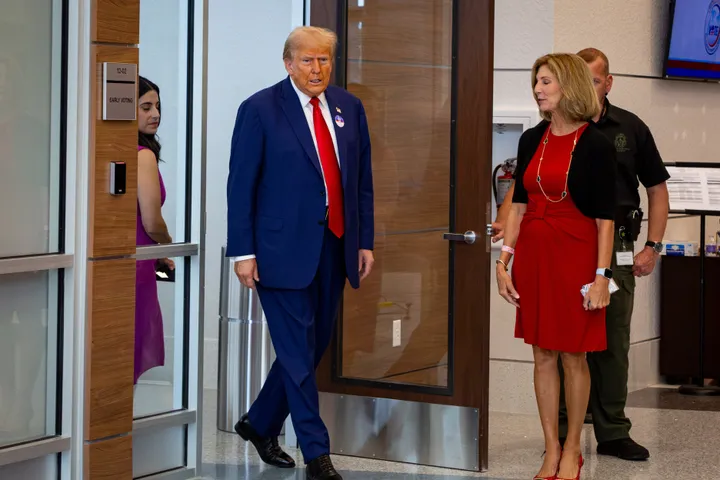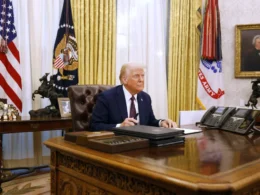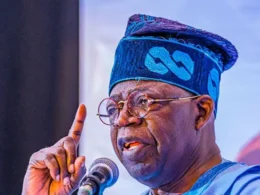Former President Donald Trump cast his ballot in Florida’s primary elections on August 14, just months after being convicted of 34 felonies in New York. Despite his felony conviction, Trump exercised his right to vote at a Palm Beach polling location, highlighting the complexities of voting rights for individuals with past criminal convictions.
In 2018, Florida voters passed a constitutional amendment restoring voting rights to people with felony convictions after completing their sentences, except for those convicted of murder or felony sex crimes. However, subsequent efforts by Florida Republicans have made it more challenging for these individuals to regain their voting rights. For example, a 2019 law signed by Governor Ron DeSantis requires those with past felony convictions to not only complete their sentences but also pay off court fines and fees before regaining their voting rights.
The lack of a reliable system to track these financial obligations has further complicated the process, leaving many unsure of their eligibility to vote. Additionally, voter intimidation tactics, such as a 2022 press conference where DeSantis announced charges against individuals with past felony convictions for illegal voting, have discouraged many from registering to vote.
Trump’s situation differs from many others in Florida. His conviction occurred in New York, and according to New York law, his voting rights would only be affected if he were actively imprisoned for a felony. Moreover, Florida law is unclear on when a felony conviction results in the loss of voting rights, with conflicting legal opinions on whether a conviction under appeal impacts voting eligibility.
In Trump’s case, the Palm Beach County Supervisor of Elections had not received any notice from the state about his ineligibility due to his New York conviction, allowing him to vote in the primary elections.









